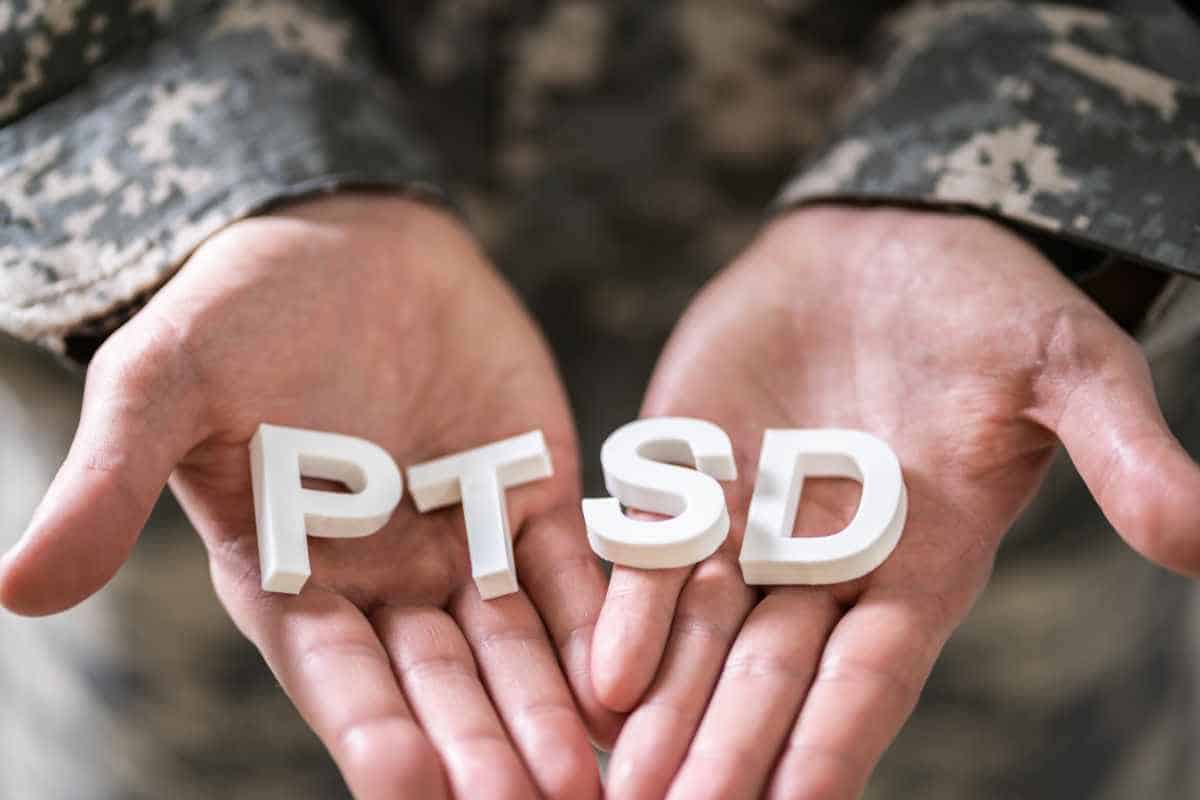Addiction Treatment and Recovery
Addiction is a chronic condition affecting millions worldwide. The physical dependence on drugs or alcohol can ruin not only the addict’s life but also the lives of their loved ones.
Addicts experience withdrawal symptoms when they stop taking their substance of choice. They may feel irritable, anxious, depressed, guilty, angry, or hopeless.
Some addicts develop tolerance to a drug or alcohol’s effects, which makes it harder to control their cravings. Others become physically dependent on their substance of choice. This dependency can cause severe negative consequences and health issues such as liver damage, heart disease, stroke, high blood pressure, memory loss, depression, anxiety, and even death.
Even when someone gets sober (maintains a year or more of abstinence from drugs or alcohol), there is a high risk of relapse. One New York University report states that 37% to 56% of patients relapse in the first year.
Aftercare treatment is one of the more critical factors in long-term sobriety and long-term recovery. Yet, only about half of patients start aftercare, and even fewer stay with it.
Different Types of Treatment Programs
There are various addiction treatment services for alcohol and drug addictions. These include inpatient or outpatient care, medication therapy, individual counseling, family therapy, group support, 12-step programs, holistic therapies, and residential rehabilitation, we even offer support to those living with a recovering addict.
Inpatient treatment involves staying in a facility for a period of time where you receive medical attention and counseling. You may attend classes, participate in activities, and meet others dealing with similar struggles.
Outpatient care allows you to continue living at home while receiving treatment.
Medication therapy includes prescription medications that reduce cravings and treat withdrawal symptoms from substance use disorder. Individual counseling focuses on providing guidance and support to individuals struggling with addiction.
Group support groups offer peer support and encouragement.
Regular meetings like 12-step programs encourage participants to make amends for their actions to live a sober life and stay in better health.
Holistic therapies treat the whole person rather than just the addiction itself. Residential rehabilitation provides intensive treatment in a safe environment.
Addiction is a disease that makes you feel powerless over drugs or booze. But there are recovery support services out there that can help. And while recovery isn’t just about living in a sober house, it does involve making life changes.
Drug & Alcohol Addiction and the Recovery Process
Relapse prevention focuses on helping patients understand how to prevent relapse as they move through the stages of recovery. This includes being honest about one’s situation, seeking help, and learning ways to cope with triggers.
Cognitive behavioral therapy helps individuals learn mindfulness, self-control, and problem-solving skills. Mind-body relaxation techniques such as deep breathing and meditation help reduce stress and anxiety.
Most people who experience a lapse do so because they feel overwhelmed by life changes, and it takes some time to regain confidence.
Cognitive Therapy and Relapse Prevention
Recovery meetings offer support and accountability. They provide a safe environment where individuals can express themselves freely without judgment. This helps participants identify triggers and cravings, learn
and develop a relapse prevention strategy. Cognitive therapy focuses on identifying negative thoughts and beliefs contributing to substance abuse. Participants are encouraged to examine their thinking patterns and replace them with positive ones.
Therapy and counseling sessions can help build self-esteem and improve relationships. A therapist can teach you how to cope with stressors and deal with emotions such as anger, sadness, and loneliness. They can also help you understand why you use drugs or alcohol. In addition, they can assist you in developing a relapse prevention plan. You’ll work together to identify your triggers and develop a plan to prevent future relapses.
There are multiple ways to avoid relapse. One way is to participate in activities outside of recovery. Hobbies like reading, writing, cooking, playing sports, volunteering, and attending social events can help distract you from drug or alcohol cravings. Another option is to move into a sober living facility. Living in a sober house provides structure and supervision while allowing you to focus on getting healthy. If you feel overwhelmed by life’s stresses, consider seeking professional help. Counseling can help you understand your feelings and gain insight into your situation.
Don’t give up hope. Most people who relapse will eventually succeed in overcoming their addictions. However, some people never recover. If you’ve been struggling with addiction, don’t let the thought of giving up deter you from seeking help. Your loved ones want to see you happy and healthy. Contact us today if you think you are suffering from an addiction problem. We can help. Sober Life 619-542-9542.
How Aftercare Can Reduce The Risk for Relapse
Aftercare is a process that starts immediately after treatment or rehabilitation and continues during life. It includes everything you do to maintain sobriety.
There are many types of aftercare programs. Some people in recovery attend outpatient rehab centers, while others go straight home. Others choose residential treatment options like halfway houses or sober homes. And some participate in both.
Intensive outpatient programs require someone to continue to live at the facility but return home each night. Other people complete an intensive outpatient program and then move on to a less formalized type of care called aftercare. This could mean attending Alcoholics Anonymous meetings, participating in a sober living environment, finding another kind of recovery community, or simply staying in touch with friends and family members who helped you recover.
Solutions of Sobriety and how to live a Sober Life
The best way to determine what works for you depends on your situation. If you’re still in active treatment, ask your counselor about the options available. If you’ve completed treatment, talk to your doctor or therapist about how to proceed.
If you decide to follow up with outpatient care, ensure it meets your needs. Ask about Sober Life’s outpatient care and aftercare at 619-542-9542.
How Can Aftercare Aid Recovery?
Aftercare plans are designed to address issues that arise during therapy. They are meant to help clients maintain progress and avoid relapse.
When confronting the root causes of the problem/ addiction, therapists often recommend creating aftercare plans to ensure clients receive ongoing support throughout recovery. Most experts agree that aftercare should continue indefinitely.
Aftercare Plan for Substance Abuse
Often, programs will be available in your community. They may include a peer support group like Alcoholics Anonymous or Narcotics Anonymous.
Other components of the plan may include:
- Help to find employment via vocational rehab
- Legal guidance
- Educational guidance
- Help to locate a safe living situation
- Finding activities that don’t revolve around alcohol
- Continuous check-ins to verify mental or physical health
- Focused relapse prevention programs
- developing healthy habits and behaviors
- Support to develop healthy relationships
- Finding healthy and tailored activities and hobbies
Aftercare programs come from many sources. These program resources include health professionals, faith-based groups, schools, and peer recovery.
The Role of Ongoing Therapy or Outpatient Services
Outpatient treatment options include standard outpatient, partial hospitalization, and intensive outpatient programs. These programs offer varying levels of intensity and length, depending on what type of program best meets the needs of each patient.
Standard outpatient programs typically involve fewer weekly visits, while intensive outpatient programs are usually longer. Partial hospitalization programs generally involve one to three weeks of treatment, followed by several months of follow-up.
People transitioning from an inpatient center to outpatient programs will likely continue receiving ongoing therapy through phone calls, online sessions, or face-to-face meetings.
Bridging the Gap with Adolescent Intensive Outpatient Recovery Program
Navigating the complex terrain of substance addiction becomes even more critical when addressing the vulnerable demographic of adolescents. In the context of the broader discussion on addiction’s chronic nature and the challenges faced during recovery, the integration of specialized programs like the Adolescent Intensive Outpatient Recovery Program becomes paramount. Adolescents grappling with substance use require tailored support systems, and understanding the various treatment approaches, including inpatient and outpatient care, medication therapy, and individual and group counseling, is crucial.
Addiction Aftercare Programs, Activities & Support Groups Near Me
Family and friends can help addicts overcome substance abuse problems by participating in 12-step programs or other support groups. These programs provide individuals with tools to live healthy lives while recovering from drug addictions. There are many different types of addiction aftercare programs, including residential treatment centers, outpatient rehabs, sober living homes, sober living communities, halfway houses, and sober living apartments.
Many different kinds of support groups are available for people struggling with substance abuse issues. There are solutions of sobriety. Some include Alcoholics Anonymous, Narcotics Anonymous, Al-Anon/Alateen, Gamblers Anonymous, Overeaters Anonymous, Sex Addicts Anonymous, Marijuana Anonymous, Cocaine Anonymous, Heroin Anonymous, etc. Many of these groups offer free meetings and others charge fees for membership.
What are the principles of effective treatment?
There are solutions of Sobriety and you can learn more today.
Behavioral therapies are often used along with medication treatments for opioid addiction. However, there are no medications approved for substance use disorders related to cannabis and other cannabinoids. Behavioral therapy is integral to treatment for all substances, especially for patients whose substance use is linked to psychiatric symptoms.
Start Living the Healthy Life you Deserve Today.
Are You Looking for Addiction or Mental Health Disorder Treatment?
Are you having problems with addiction or your mental health? If so, it’s essential to get help now. Studies demonstrate that individuals have more successful recovery when they participate in treatment.
Once you complete the initial phase of treatment, it’s vital to begin the aftercare programs of your choice. Sober Life Treatment Center San Diego is ready to meet your needs with clinical services, medical services, enhanced recovery care, peer-based recovery support, and more.
This isn’t the usual type of treatment facility. Sober Life has created a community filled with our staff and alums. Together we provide an integrated setting to facilitate your recovery. Period.
Do you dream of being free from your addictive substance? Do you want to feel confident again? Set healthy boundaries? Live a better quality of life? We know from personal experience that you can escape the stronghold of addiction.
Contact us today to learn more about our programs. Or call Sober Life San Diego today 619-542-9542.













